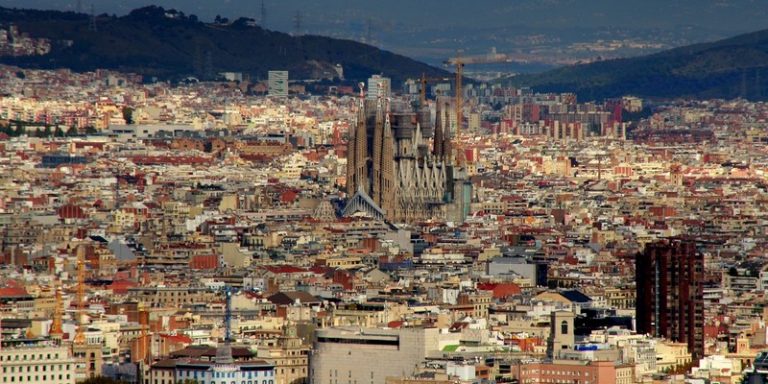
Barcelona City Council wants to implement twenty measures to ensure that the artificial intelligence algorithms used by the city, and those that will come to strengthen their technological portfolio in the future, operate with an ethical commitment. The Digital Innovation Commission debated a text this week that includes the creation of a public algorithm registry. The document also includes the establishment of an advisory committee and a study to determine in which administrative branches AI can be sensibly used.
Recent use of artificial intelligence in Barcelona
In Barcelona, the use of AI in the city council and related administrations is very recent. However, pilot tests have been launched to see how intelligent solutions can help improve the daily life of the Catalan capital.
Examples of local applications include its use in processing data captured by thermal cameras on the city’s beaches. Or the automatic classification of complaints and suggestions sent by Barcelonans to the Barcelona City Council’s electronic suggestion box.
The third deputy of Agenda 2030, Digital Transition, Sports and Territorial and Metropolitan Coordination, Laia Bonet, presented this 21 April 2021, a strategy that limits the implementation of AI in municipal services while strengthening the ethical and responsible framework.
Measures for an ethical artificial intelligence
The public debate on municipal measures has taken into account many points regarding the ethics of artificial intelligence. For example, one of the potential risks is that machine learning systems can spill over into social biases that could be the source of discrimination, sexism or racism.
This debate was launched the day the European Commission announced its draft regulation on artificial intelligence. The Barcelona City Council is only considering the use of AI in a way that serves to improve the management of public policies or administrative tasks, while respecting the protection of everyone’s data. Clauses for public tenders incorporating intelligent systems have been adopted in this sense.
All the measures proposed by Barcelona City Council are intended to be deployed before 2023. The text also refers to the possibility that the code of the algorithms used by the administration could be available to any citizen. It should also be noted that an internal training programme for municipal employees who will be required to use these algorithms has been set up and that the International Observatory of Urban Artificial Intelligence will be created in collaboration with the think-tank CIDOB.
Translated from Comment la mairie de Barcelone souhaite favoriser une utilisation éthique de l’intelligence artificielle









